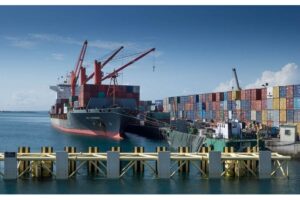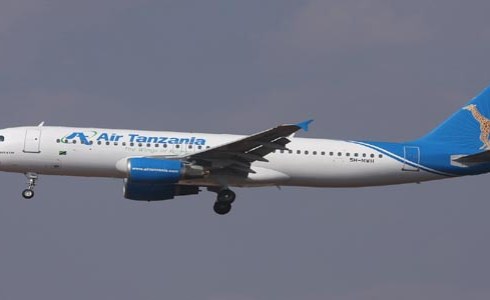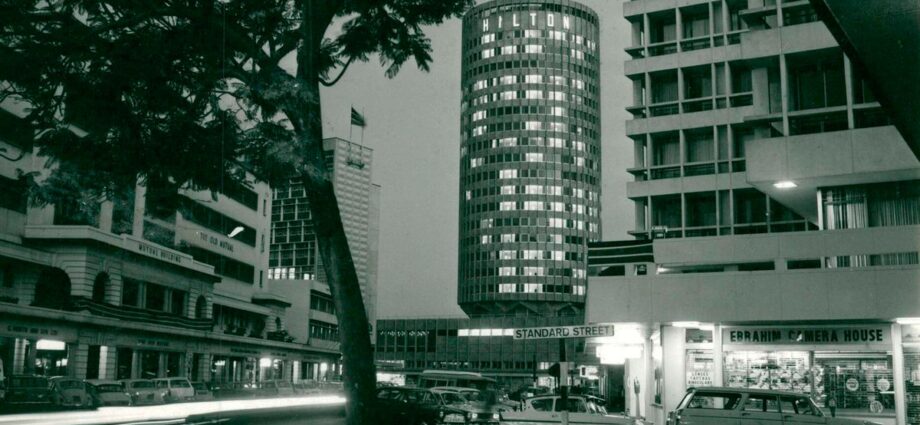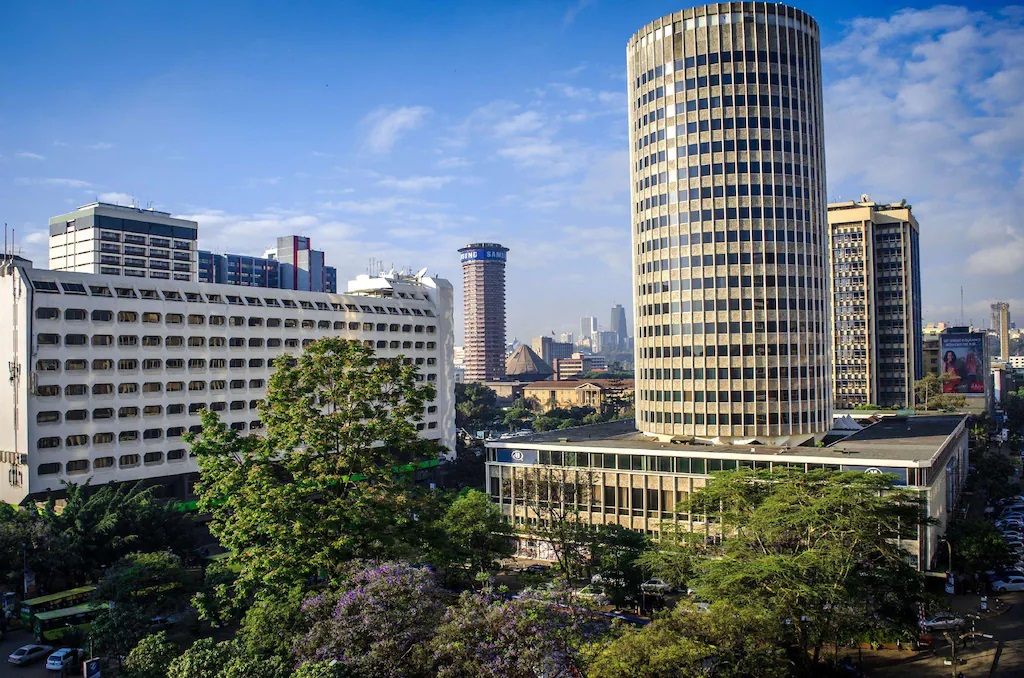The story of the Nairobi Hilton is fascinating if you look at the events that led to its construction at the time in the late 1960s.
We know from various biographers that Nick’s father, Conrad — the founder of Hilton Hotels — had little regard for him even though he was in charge of the international chain of hotels. Nick, or Nicky as he was known, was drinking a lot, and his father was worried that the scion of his empire was wasting his early years — and that Hilton International, the subsidiary of Hilton Hotels Corporation that was handling international business, had become Nick’s hideout.
Nick’s friends claimed that the drinking started after he married Elizabeth Taylor, and the press would sometimes taunt him as “Mr Elizabeth Taylor”. Others say he was spoilt by the millions of dollars at his disposal. Thus, the combination of alcohol, drugs, and a celebrity wife gave the tabloids some low-hanging fruits.
Socialite Zsa Zsa Gabor
Conrad was opposed to Nick’s marriage to Taylor – whom he had dated for only a few weeks. “You are both so young. This is so fast. You just met her.”
“But Barron (Nick’s younger brother) was younger than me when he got married and you didn’t question,” Nick tried to get his way. By then, Conrad was married to his second wife, a socialite Zsa Zsa Gabor, who was 30 years his junior. “I have been down this road, and I know how tough it is,” said Conrad.
What Conrad didn’t know – and this emerged many years later in Zsa Zsa’s interview published by Vanity Fair, was that she had slept with Nick – her stepson.
Conrad wanted to save his son from Hollywood celebrities and socialites. Elizabeth Taylor, he thought, was a fragment of Hollywood history. Conrad thought his son was not mature enough to handle such a figure, and he told Nick as much: “Life with Elizabeth will be beyond anything you have ever experienced.” Conrad advised his son.
“Don’t let me get married without your approval,” Nick stuck to his guns.
“You have my approval but I think you are making a big mistake,” said Conrad.
“Then it will be my mistake,” said Nick. They parted.
And when the drinking, partying, and wastage started, Conrad started to worry and watch. As a result, the marriage with Taylor lasted only six months, and they divorced in January 1952 – thanks to Nick’s violent behaviour, gambling, drug addiction, and drinking.
Hilton International subsidiary
In 1966, Conrad had appointed Nick to head the Hilton International subsidiary, hoping it would keep him busy. Perhaps away from his drink.
In the winter of 1966, Nicky was busy drinking at home with friends during an afternoon when his father made a surprise visit, according to the biographer J. Randy Taraborrelli. He wrote: “Conrad walked into the room, straight as a board, still agile and determined in his gait. Then, taking one look at the display of carafe (whisky) and glasses on the coffee table, he stopped and looked at Nicky. “Not overdoing it, right?” he asked.
It is claimed that he began to ask him about a deal concerning the new Hilton Hotel in Paris. Nick said he didn’t have it memorized: “You’ll have to wait until tomorrow when we are at work,” he told his father.
Conrad looked at his son.
“You know when I was your age, everything was right up here.”
Nicky got offended: “What are you trying to say?” he asked.
“Nothing,” said Conrad. He then walked out. Nicky followed, according to the biographer.
“Whatever transpired in the next 15 minutes was likely not pleasant, at least judging by Nicky’s demeanour when he returned and sat back down on the couch … He seemed utterly defeated. He poured himself another scotch.”
As he told his friends: “I am tired of being misunderstood by my old man, by my brother, by everyone. It’s wearing me down.”
As the biographer put it, “Conrad had been putting up with Nicky’s erratic behaviour for most of his adult life. Now, in his old age, he was just plain sick of it. Nicky seemed blissfully unaware of the effect his work ethic was having on his father.”
Despite his erratic behaviour, the international subsidiary had that year generated $122 million. It was a record that his father attributed to the Hilton brand and not Nicky’s performance.
In the January of 1967, Conrad Hilton had a meeting with Charles Tillinghast, the chairman of the board of America’s Transworld Airlines (TWA). He wanted to sell the Hilton International subsidiary, which was being run by Nicky, for $250 million on the understanding that the Hilton name would remain on its hotels abroad. Thus, Hilton’s international division would be wholly owned by the airline and not by Conrad Hilton. His biographer said he had “reached the end of his rope”.
Mt Kenya Safari Club
When the negotiation was taking place, Nicky and his wife Trish were in Rabat, Morocco, opening a new Hilton Hotel. They had no idea what Conrad was negotiating.
Conrad was a member of the Mt Kenya Safari Club – and so, he knew the power of safaris in the rich game parks and reserves, especially for American dollar millionaires. He cared for his other shareholders.
Elsewhere, Pan American World Airways (PanAm) had started to invest in a chain of international hotels through its subsidiary InterContinental Hotels Inc. These InterContinental hotels were now competing with Hilton, which was not affiliated with any airline.
In 1965, PanAm had been allocated a plot adjacent to Parliament in Nairobi, to build the 200-room InterContinental Hotel at a cost of US$4.5 million. Financed by IFC, the airline was allowed to take minority equity while a new company; Kenya Hotel Properties Ltd, was formed whose shareholders were Kenya Tourist Development Corporation (KTDC), IFC, and the Germany Investment and Development Company (Deutsche Entwicklungs Gesellschaft). With such an establishment, Panam could organise tour packages across the world, with Nairobi being part of the package. Intercontinental later took over the management of tycoon Stanley Githunguri’s Lilian Towers and the Mt Kenya Safari Club of William Holden.
Thus, it was a good surprise for Conrad when he was trying to figure out what to do with his son and international hotels – TWA knocked on his door. Nicky was never told of the merger. He saw it in Time magazine on January 27, 1967. He was upset and thought he could fight back. He called for a meeting, himself, his younger brother Barron, his father, and Bob Neal.
“This is not a personal thing about you. It is about the company,” said Barron. Nicky hit the roof with fury. He wondered what the press would say. It was only one year since the company called a press conference to announce his elevation. “Now it looks like you are saying ‘never mind all that. Sorry for the misinformation.’ To me that is very personal,” Nicky said.
A few days later, Nicky’s wife, Trish, booked a meeting with her father-in-law to try and save Nicky’s job. “The TWA take-over…” she started.
“How does this one concern you?” Trish was asked. “I feel you are very far out of your depth here…Because you and I have never discussed business, I don’t think its appropriate to discuss it now.”
“But…”
Trish was cut short. “I love my son,… I will take care of my son. I am sure you know your way out. Don’t you.”
Nicky thought of suing his family. But, all the lawyers he consulted told him to stop. And thus, TWA went ahead to scout for space in Nairobi. By then, Nicky had joined its board as a director. Nairobi Hilton was a joint venture between El Al Israel Airlines, TWA, International Hotels Kenya Ltd, and Kenya Tourist Development Corporation. The £2.5 million facility was built on the grounds of the former Central Bus Terminus – in an area that Nairobi veterans call commercial after the 1970 opening of Kenya Commercial Bank opposite the new hotel.
And, on Wednesday, December 17, 1969, Jomo Kenyatta opened what was hailed as “one of the largest and most modern single tourist investments in Africa: the Nairobi Hilton Hotel. Around the world, Hilton Hotels were operating on the single mantra of their founder Nick’s father, Conrad Hilton: “Think Big, Act Big, Dream Big and Be Honest.” So it is sad that 53 years later, and even as we say we are building a tourism industry, we have to say goodbye to his iconic project in Nairobi.
By the time the Nairobi Hilton was opening, Nicky was dead — apparently a victim of his own excesses — at only 42.
It has been quite the journey since that row between father and son.
Share this news
This Year’s Most Read News Stories

Mwinyi lashes out at Zanzibar Airport, Port inefficiency claims
Zanzibar President Hussein Mwinyi has lashed out at the Opposition ACT Wazalendo, saying that the claims it raised about inefficiency in three areas within his Government were only meant to mislead the publicContinue Reading

Elon Musk’s company to launch internet in Tanzania
Elon Musk’s Starlink internet service is expected to be available in Tanzania in the first quarter of 2023, with analysts saying the new development will boost the digital economy.Continue Reading

European Union Bans Air Tanzania Over Safety Concerns

Kampala — The European Commission added Air Tanzania to the EU Air Safety List, banning the airline from operating within European Union airspace. This decision follows the denial of Air Tanzania’s Third Country Operator (TCO) authorization by the European Union Aviation Safety Agency (EASA), citing significant safety deficiencies.
The EU Air Safety List includes airlines that fail to meet international safety standards. Commissioner Tzitzikostas emphasized the importance of passenger safety, stating: “The decision to include Air Tanzania in the EU Air Safety List underscores our unwavering commitment to ensuring the highest safety standards. We strongly urge Air Tanzania to take swift action to address these safety issues. The Commission has offered its assistance to Tanzanian authorities to enhance safety performance and achieve compliance with international aviation standards.”
Air Tanzania joins several African airlines banned from EU airspace, including carriers from Angola, the Democratic Republic of Congo, Sudan, and Kenya. Notable names include Congo Airways, Sudan Airways, and Kenyan carriers Silverstone Air Services and Skyward Express. The ban reflects the EU’s strict approach to aviation safety worldwide.
Source: allafrica.com












